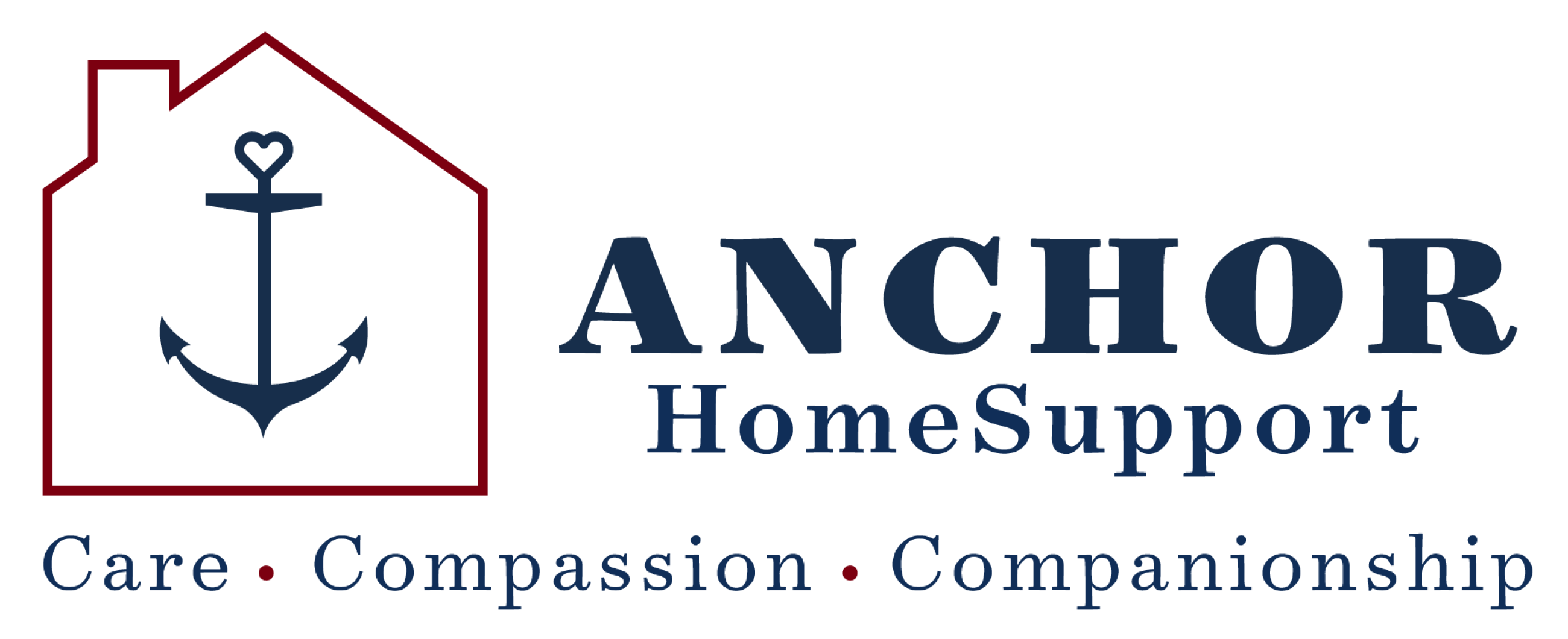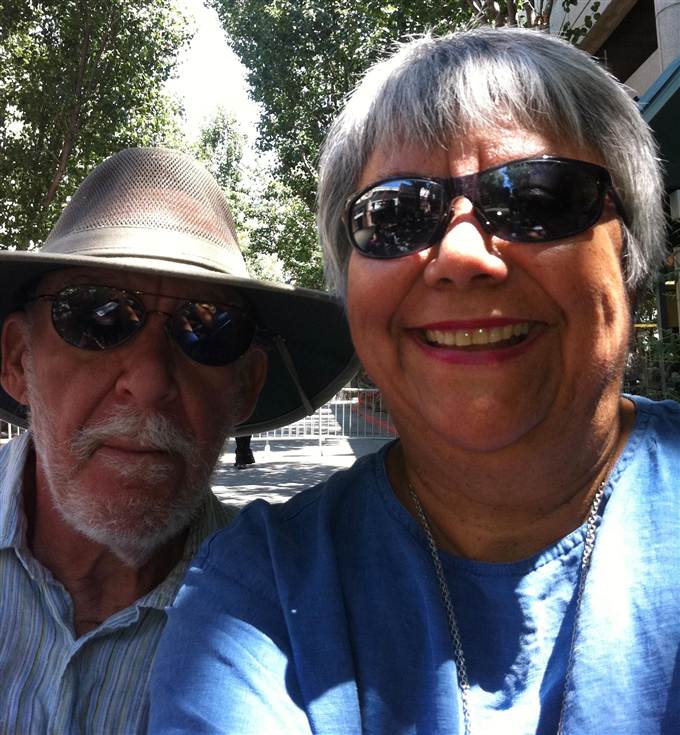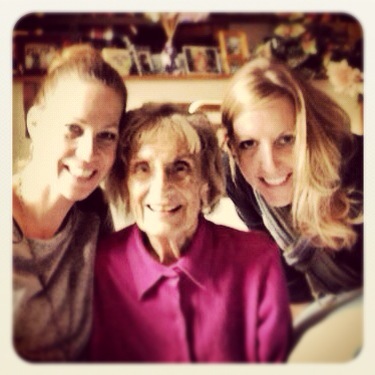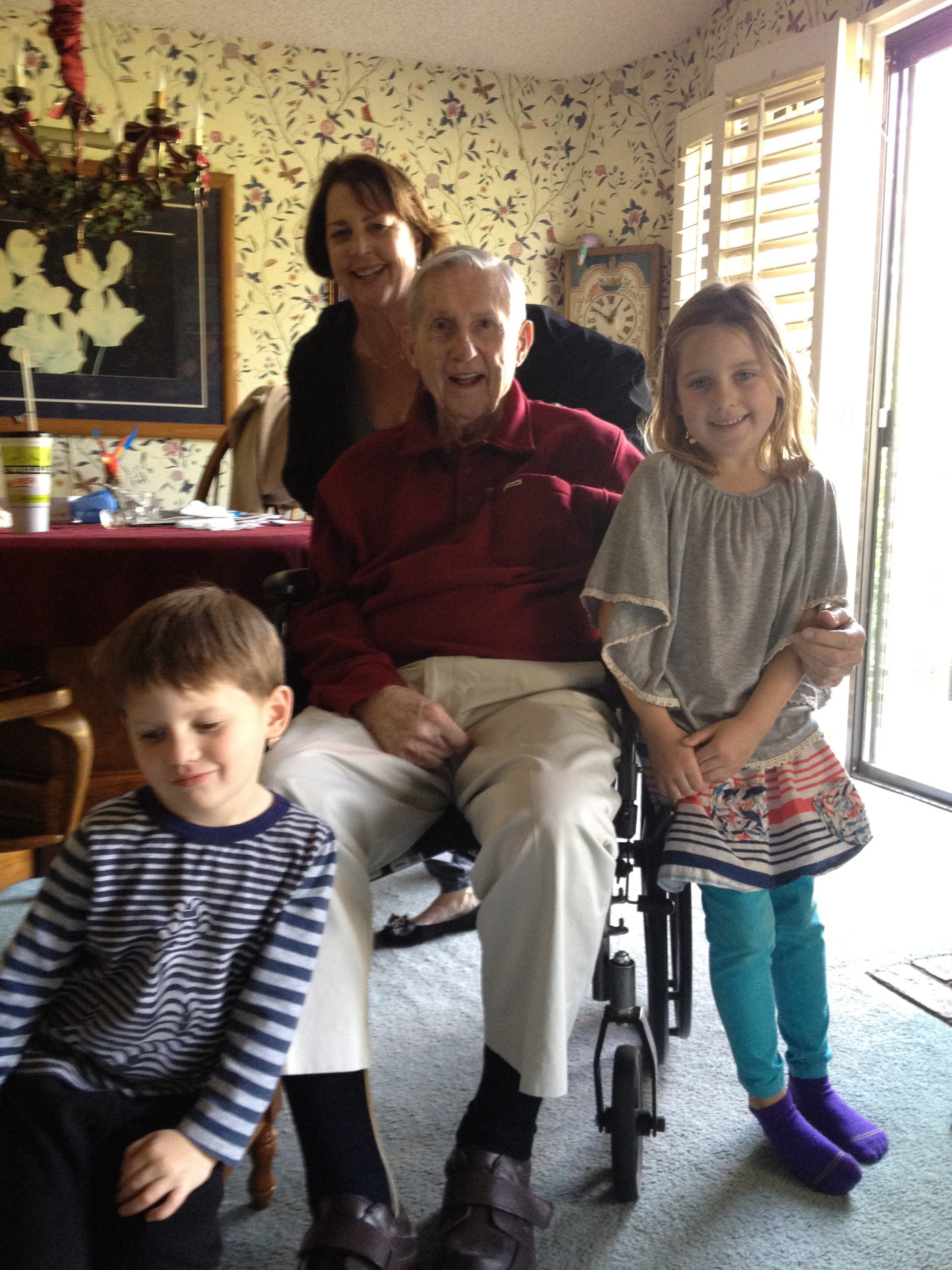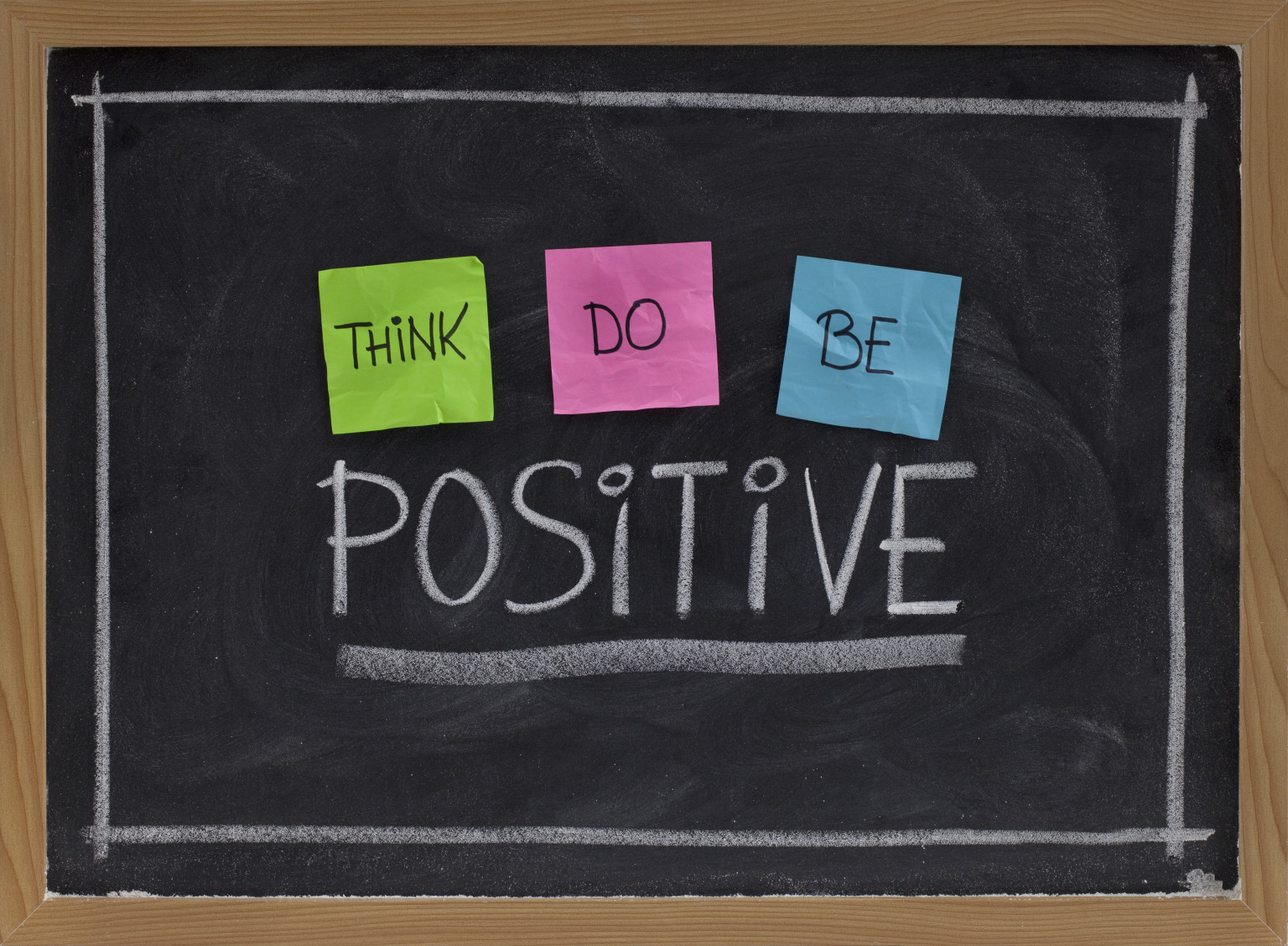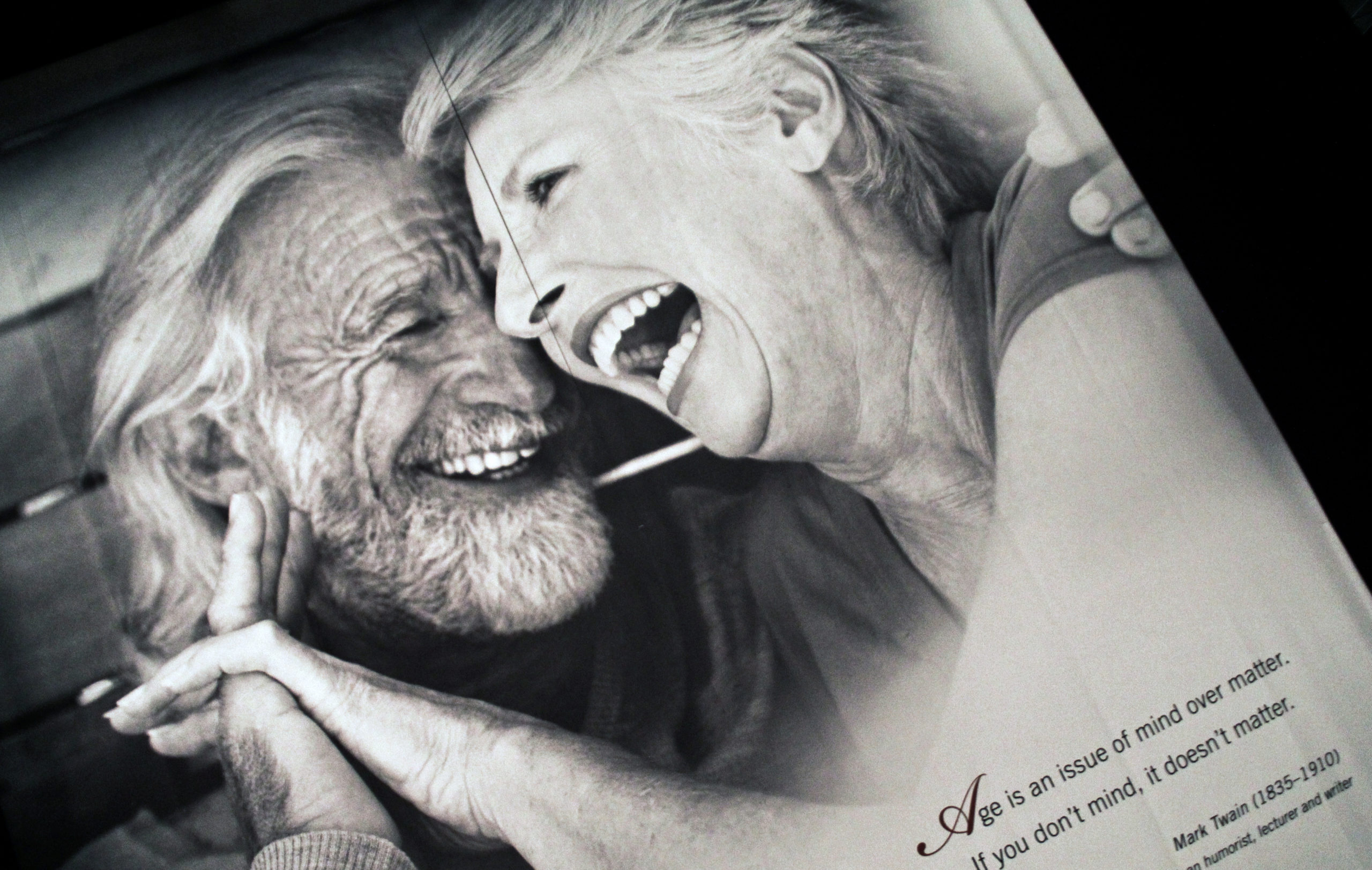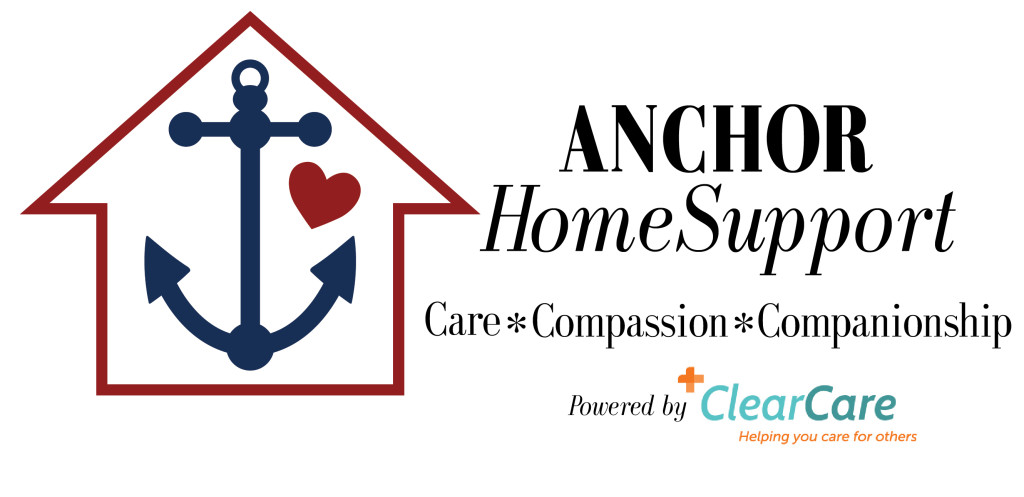Q: My parents are living with significant limitations from severe arthritis, macular degeneration, recent surgeries, plus the beginning of cognitive problems. My brother and I live out of town and have been alternating weekdays and weekends tending to their needs and managing their full-time care providers — some of whom are not great. Despite our well-intentioned advice for them to move, they won’t even consider it. There is an assisted-living facility near where my brother and I live. The stress, wear and tear on us is huge. Add to this the financial drain. We need help. — A.A.
A: You do have a problem, and are not alone. Here are a few facts from the Family Caregiver Alliance:
• 43.5 million adult family caregivers care for someone 50 years old or older.
• The average age of a caregiver is 48 years, with 43 percent living alone.
• 10 million caregivers over 50 who care for their parents lose an estimated $3 billion in lost wages, pensions, retirement funds and benefits.
• Absenteeism caused by caregiving responsibilities cost the U.S. economy an estimated $25.2 billion in lost productivity.
• Eleven to 17 percent of caregivers (depending on what you read) have reported their health has gotten worse as a result of providing care.
Although you and your brother are not full-time on-site caregivers, the long-term physical and emotional stress you may be experiencing are risk factors to your well-being.
Here’s a recommended partial solution: Hire a professional geriatric care manager. This person typically comes from various fields of human services such as social work, psychology, nursing and gerontology. The individual is trained to assess, plan, coordinate, monitor and provide services to older family members and their families.
How do you know if you need a care manager? If you and your brother are overwhelmed, it might be time. Other reasons: A family member has multiple medical and psychological issues and is unable to live safely in the current environment. Add to this list: caregiver burnout, needed resources, inadequate current care and responsible family member(s) living out of town.
Assuming you decide a care manager is needed, the next step is the interview. Here are some questions recommended by the National Association of Professional Geriatric Care Managers:
• What services do you provide, or what services does your agency provide?
• If you are with an agency, how many geriatric care managers are in your agency/business?
• We would like an initial consultation, is there a fee and, if so, how much?
• Are you licensed in your profession? If so, describe your professional credentials.
• Are you a member of the National Association of Professional Geriatric Care Managers?
• How long have you been providing care-management services?
• If an emergency occurs, are you available?
• Do you or your company also provide individuals who will come into the home on a regular basis and provide hands-on care?
• In what way(s) do you communicate information with the family, caregivers and the care receiver?
• Is there a live person with whom I can speak? Is he or she available on Sundays and after business hours?
• What are your fees? (This is important before any services are rendered.)
• Can you provide a few references?
Be sure you like the person you are hiring; chemistry is important.
Once you’ve made the decision to hire, request the engagement in writing. The document should include services the care manager will perform and the fees. Know how fees are computed, how travel time and mileage are handled and how services are terminated if needed.
To find a professional certified geriatric care manager, go to www.caremanager.org and enter a zip code. Certification means the geriatric care manager has met certain standards of education, has had supervised experience and adheres to a code of ethics.
For those not yet facing issues of elder care, you might consider slipping this column into a folder for future use, for good reason.
Former first lady Rosalynn Carter said it well: “There are only four kinds of people in the world: Those who have been caregivers, those who currently are caregivers, those who will be caregivers and those who will need caregivers.”
Thank you, A.A., for your important question. My best wishes to you and your brother in finding the best care manager and subsequent care for your parents.
